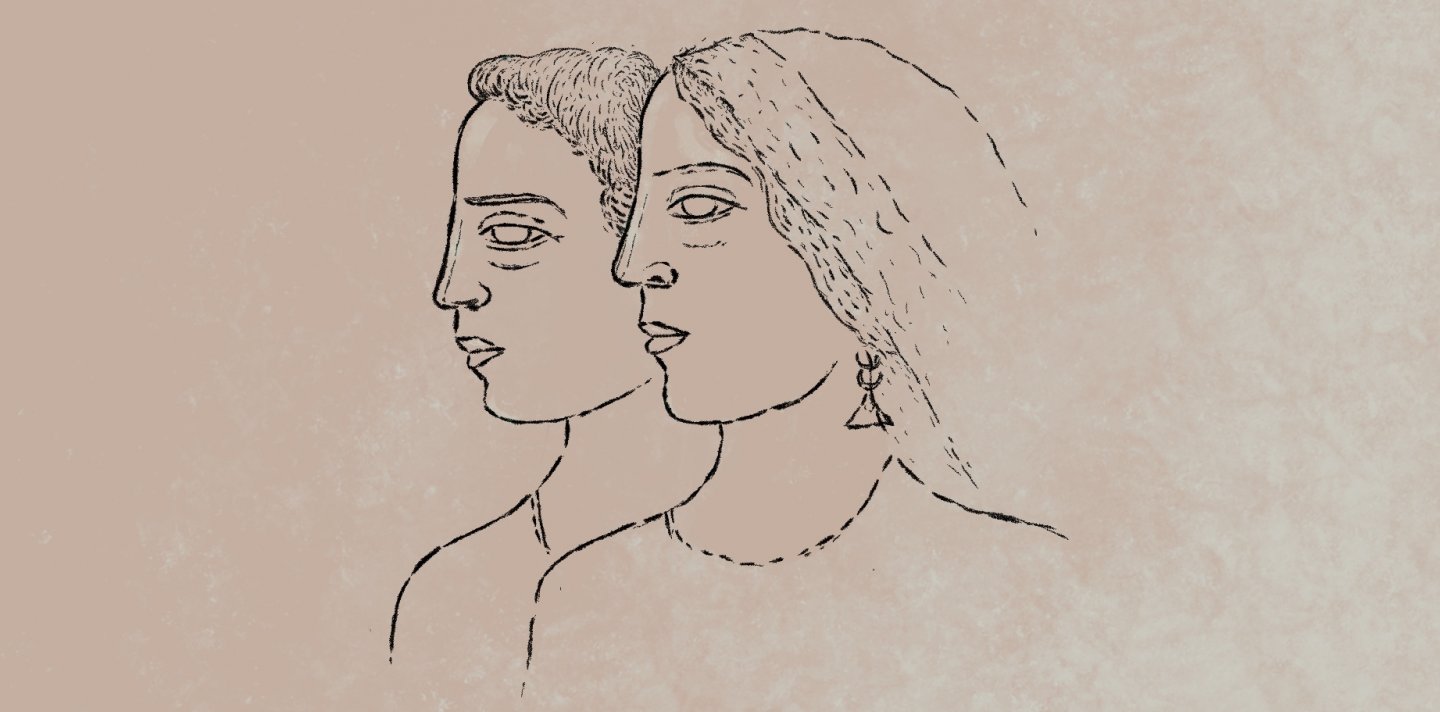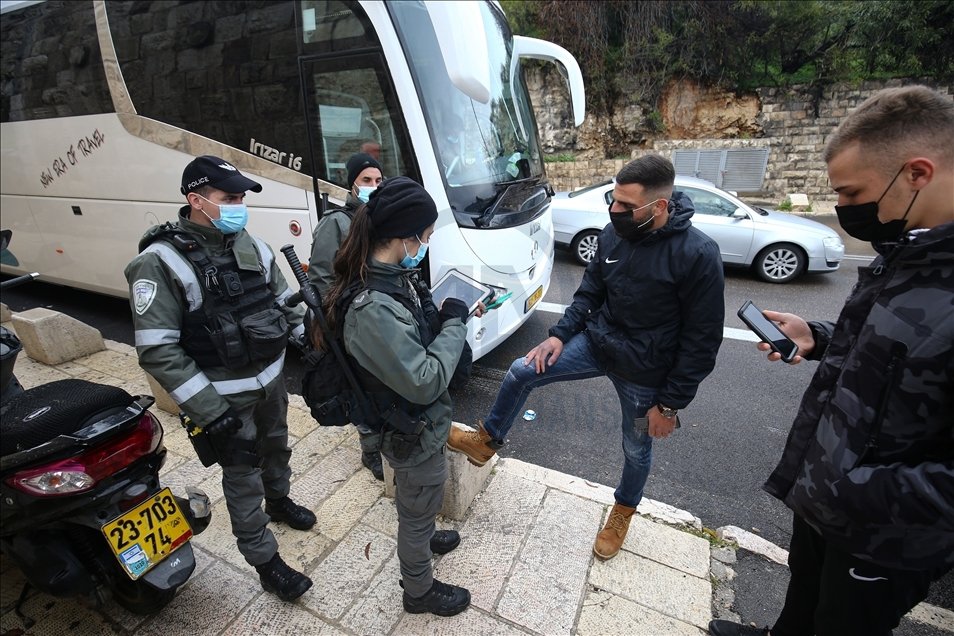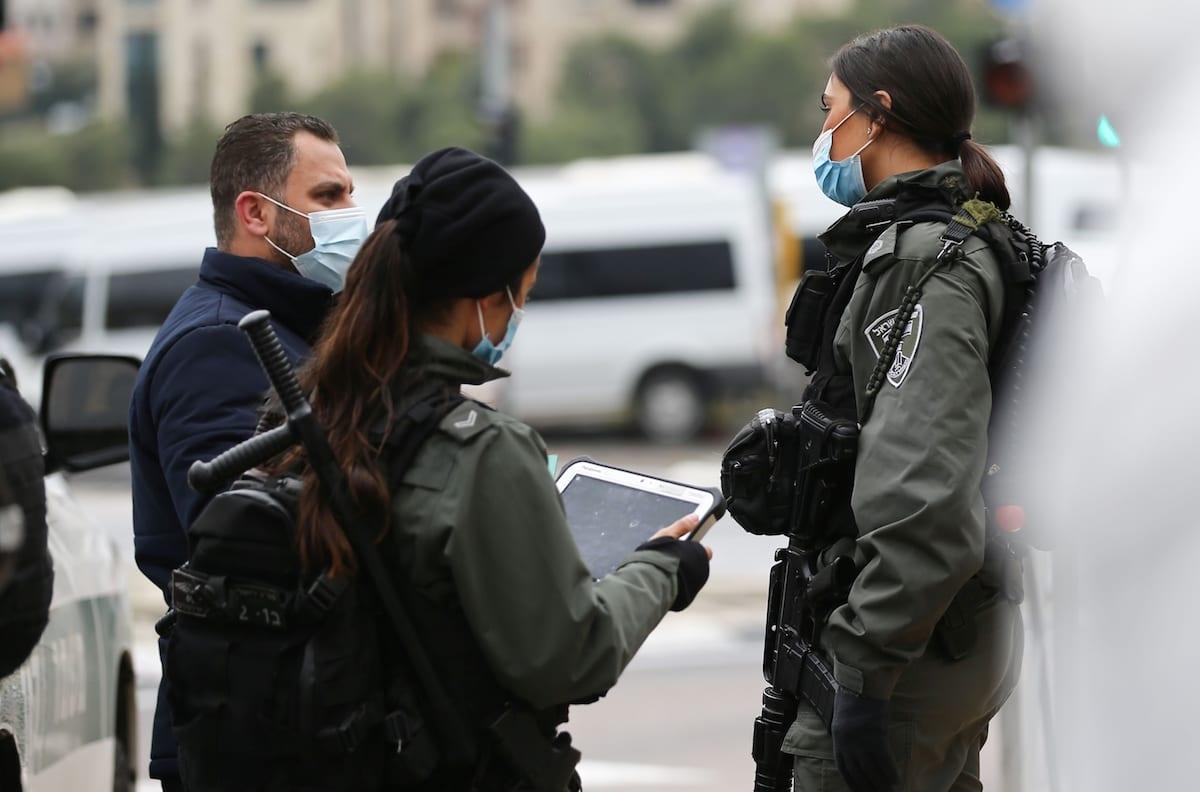So even without my physical ID card, just with the number, the officer had all the information about me at his fingertips. But not just me. He started scrolling left, and I saw all of my family members’ pictures. It looked like a collection of stamps.
He scrolled back to my picture. When I saw the ugly orange again, I said, “Stop showing me this ugly shirt!”
He looked at me and said, “It is illegal to sneak a peek at the police computer,” and moved the monitor away so I could no longer see it. I told him, “I was not sneaking; I was the one who drew your attention to the fact that I was looking!”
Then the next part of the investigation started. He wanted to prove that I am not the same person he saw on the screen; that I gave him someone else’s ID number. I renewed my ID just over a year ago, so my ID photo is very recent. I looked exactly the same as the ID photo. But the photo was not convincing enough to this officer. He asked my name, place of birth, address, and how many siblings I have. I answered all of his questions quickly and without hesitation.
He continued, asking about my mother’s and two of my siblings’ birth dates.
I again answered very quickly and without any hesitation.
He looked at me and said, “You did your homework.”
I answered, “Homework? You mean I bought birthday gifts for my family on time.”
He scrolled again and asked about my brother-in-law’s name.
Again, I answered.
He asked about his date of birth.
I answered this correctly also.
He looked at me again and said, “This is weird. Why do you know your brother-in-law’s birthday?”
I said, “We celebrate birthdays. Don’t you?”
The officer finally lost hope to play superhero and arrest me. He then said, “You can go.”
Later that day, we were approached by another officer who also questioned us while we were relaxing on the benches. We were stopped again by a third police car when leaving the woods.
Being stopped and questioned three times in less than four hours must be an Olympic record. Don’t you think? And that would happen on the day I forgot my ID card . . .



